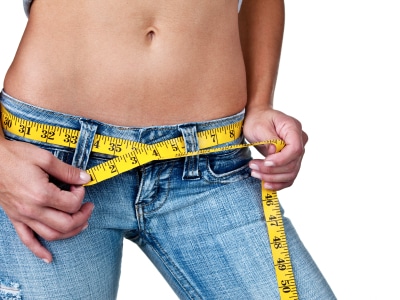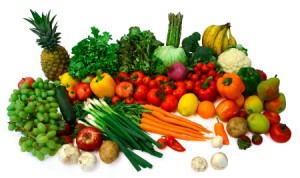 Are There Weight Loss Foods?
Are There Weight Loss Foods?
A major key to losing weight is keeping insulin levels to a minimum. When insulin levels are high it is extremely difficult to burn calories from fat stores. Insulin is produced in response to carbohydrates. Some carbohydrates trigger a low insulin response. These foods are called low glycemic foods. Low glycemic foods are weight loss foods. Other carbohydrates lead to a spike in blood sugar and high levels of insulin. These are high glycemic foods. High glycemic foods are weight gaining food.
Other foods delay the absorption of carbohydrates, or limit the release of insulin, thereby enhancing weight loss. And, other foods promote a sense of fullness, or satiety limiting our desire to overeat. These are also considered weight loss foods.
What are Functional Foods?
One term being used more and more to describe weight loss foods is “functional foods”. What are functional foods? Functional foods are foods that possess health promoting, or disease-preventing properties above and beyond the nutrients the food contains. So foods that promote, aid, or facilitate weight loss would be considered functional foods.
Foods that Keep Insulin in Check
Something as simple as eating almonds, peanuts, or pistachios before or with a meal will reduce the after meal blood sugar by 30% to 50%. Lower blood sugar means lower insulin levels. Vinegar with a meal (usually as a salad dressing) will lower the after meal blood sugar by 25% to 35%. It does this by delaying absorption of carbohydrates and also improves satiety.
Whey protein consumed in a drink has been shown to lower after meal glucose by 56% and the insulin response by 60%. It also increases the metabolic rate, which means more calories are burned. These properties are not unique to whey protein only, and similar effects are seen with egg whites, fish, game meat, and very lean red meat.
Legumes, or lentils and beans, keep insulin levels low, reduce food cravings, and can delay absorption of other carbohydrates.
Fats Aren’t All Bad
There are healthy fats that we need to consume. Fats are the building blocks for sex hormone production, insulate our organs, and transport nutrients throughout the body. Fats also increase satiety reducing the likelihood of overeating. In addition, the brain is only 2% of our body weight, yet 60% of it is composed of fat. The healthier fats are found in nuts, fish, olives, seeds, and leaner animal proteins. Limit saturated fats and avoid trans and hydrogenated fats.
Good Carbs – Bad Carbs
 Not all carbohydrates are the same. Those with a high glycemic index cause a spike in blood sugar leading to a spike in insulin levels. These are bad carbs. High glycemic foods lead to fluctuating energy levels, food cravings, lack of satiety, fatigue, and weight gain. Insulin competes with growth hormone. So lower insulin levels means better growth hormone response.
Not all carbohydrates are the same. Those with a high glycemic index cause a spike in blood sugar leading to a spike in insulin levels. These are bad carbs. High glycemic foods lead to fluctuating energy levels, food cravings, lack of satiety, fatigue, and weight gain. Insulin competes with growth hormone. So lower insulin levels means better growth hormone response.
Low glycemic foods are the good carbs and lead to a lower and slower rise in blood sugar leading to lower insulin levels. Most fruits and vegetables are low glycemic. Low glycemic foods are associated with better and sustained energy levels, high level of satiety, and weight loss. To learn more about the glycemic index visit glycemicindex.com.
Related articles “Weight Loss Supplements“,”7 Easy Ways to Lose Weight”, and “Weight Loss Programs“.
